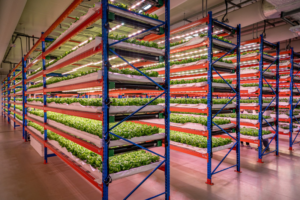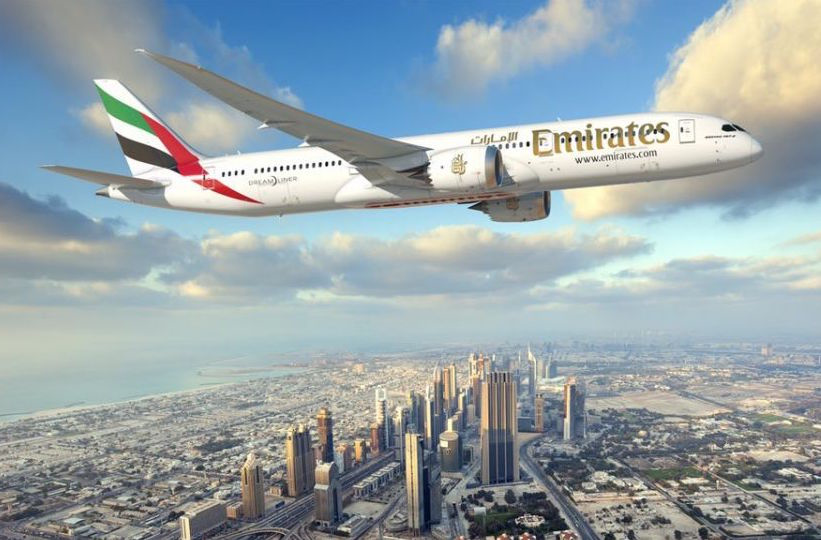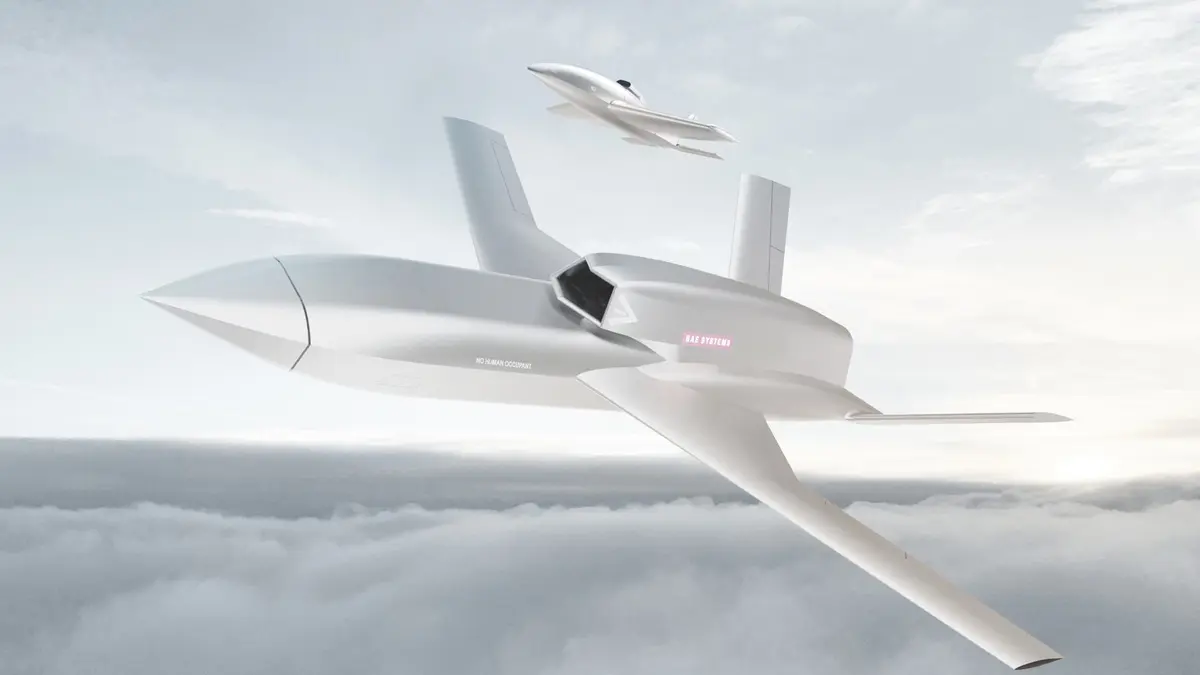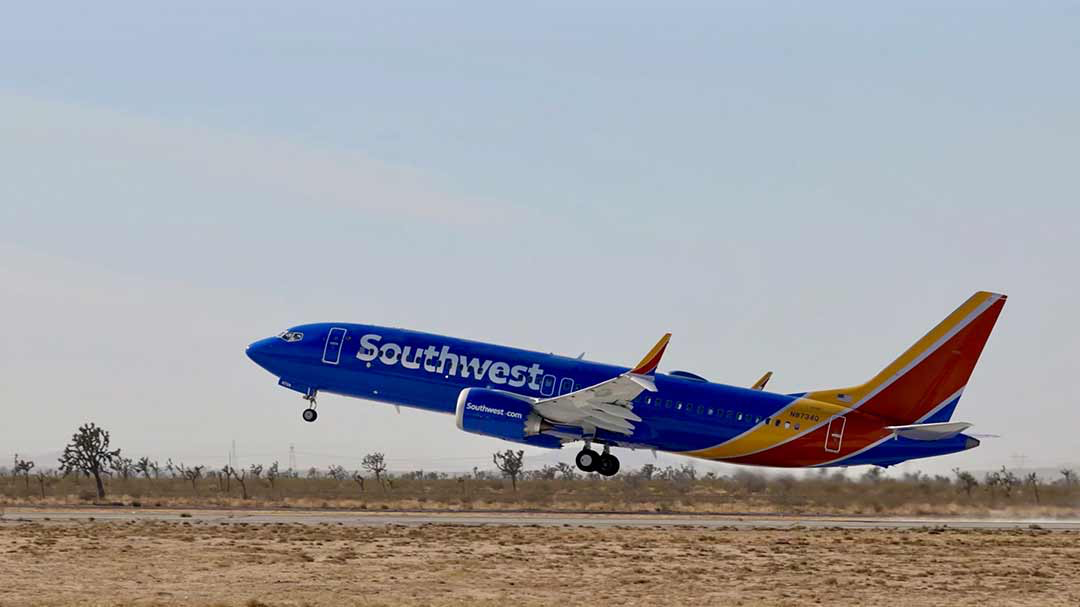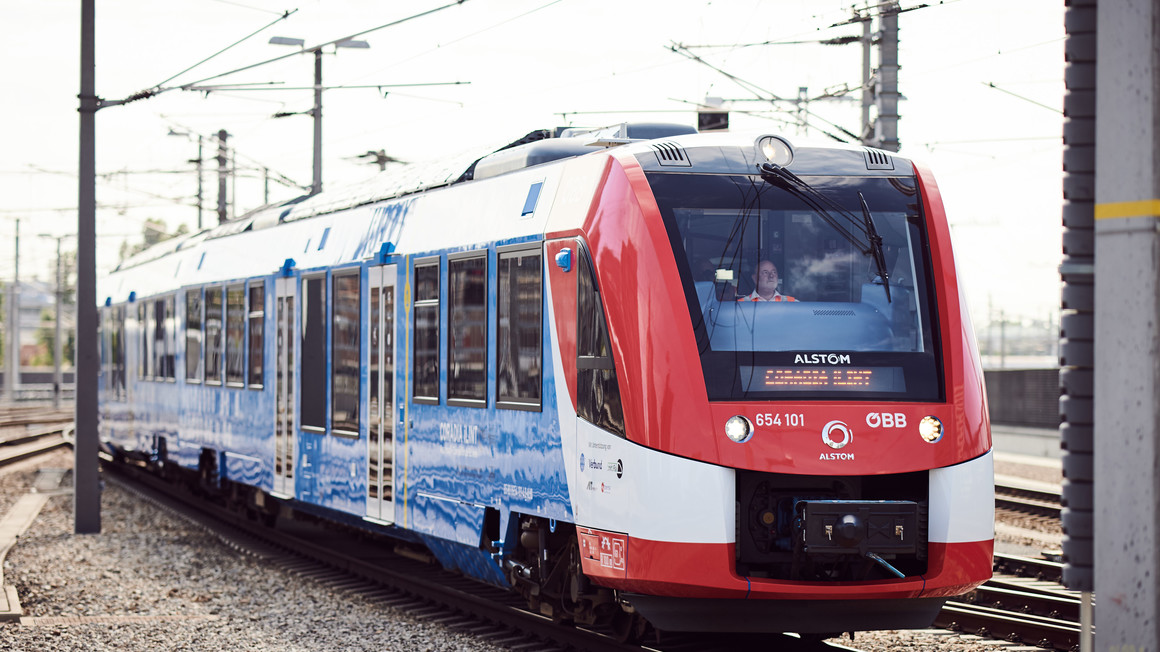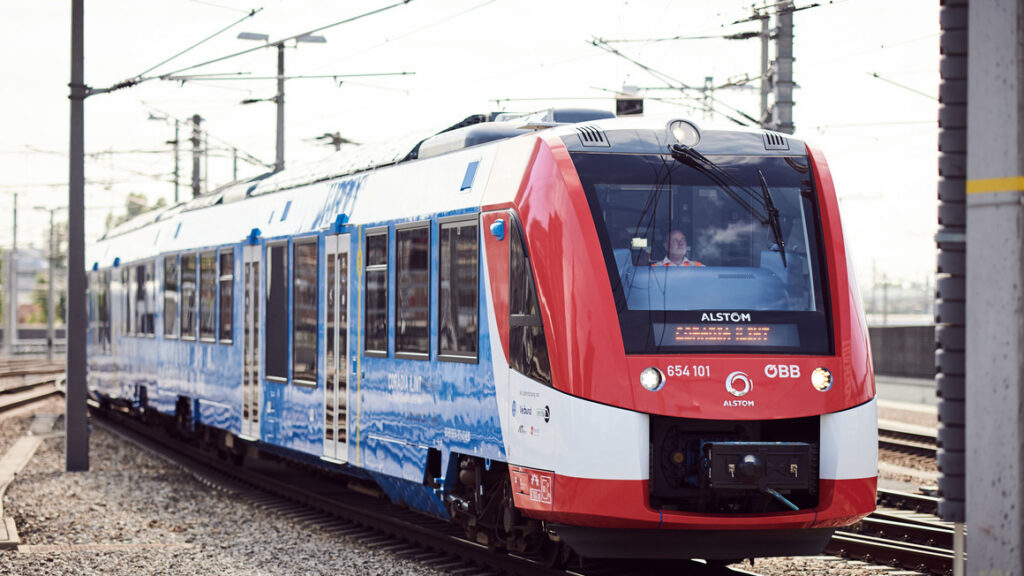Dubai, UAE, 19 February 2024 — Emirates Flight Catering, one of the world’s largest catering operations, has fully acquired Emirates Bustanica, formerly called Emirates Crop One, and its consumer brand Bustanica, the world’s largest indoor vertical farm.
This strategic move establishes Emirates Bustanica as a fully UAE-owned company, helping sustain the country’s vision of enhancing food and water security and its agricultural capabilities. The acquisition empowers Emirates Bustanica to leverage its local expertise and the latest tech know-how to meet the growing demands of the market.
Located near Al Maktoum International Airport at Dubai World Central, Bustanica’s 330,000sqft facility has the capacity to grow more than 1 million kilograms of exceptional quality leafy greens a year, equivalent to 3 tonnes daily, while using 95% less water than conventional agriculture.
Operating under the brand name Bustanica, the produce is available across all major retailers in the UAE such as Spinney’s, Waitrose, Carrefour, and Choithrams. Customers on Emirates and other airlines enjoy this farm-fresh produce in their salads and meals.
Click the link below to read the full story!
Bustanica indoor vertical farm
